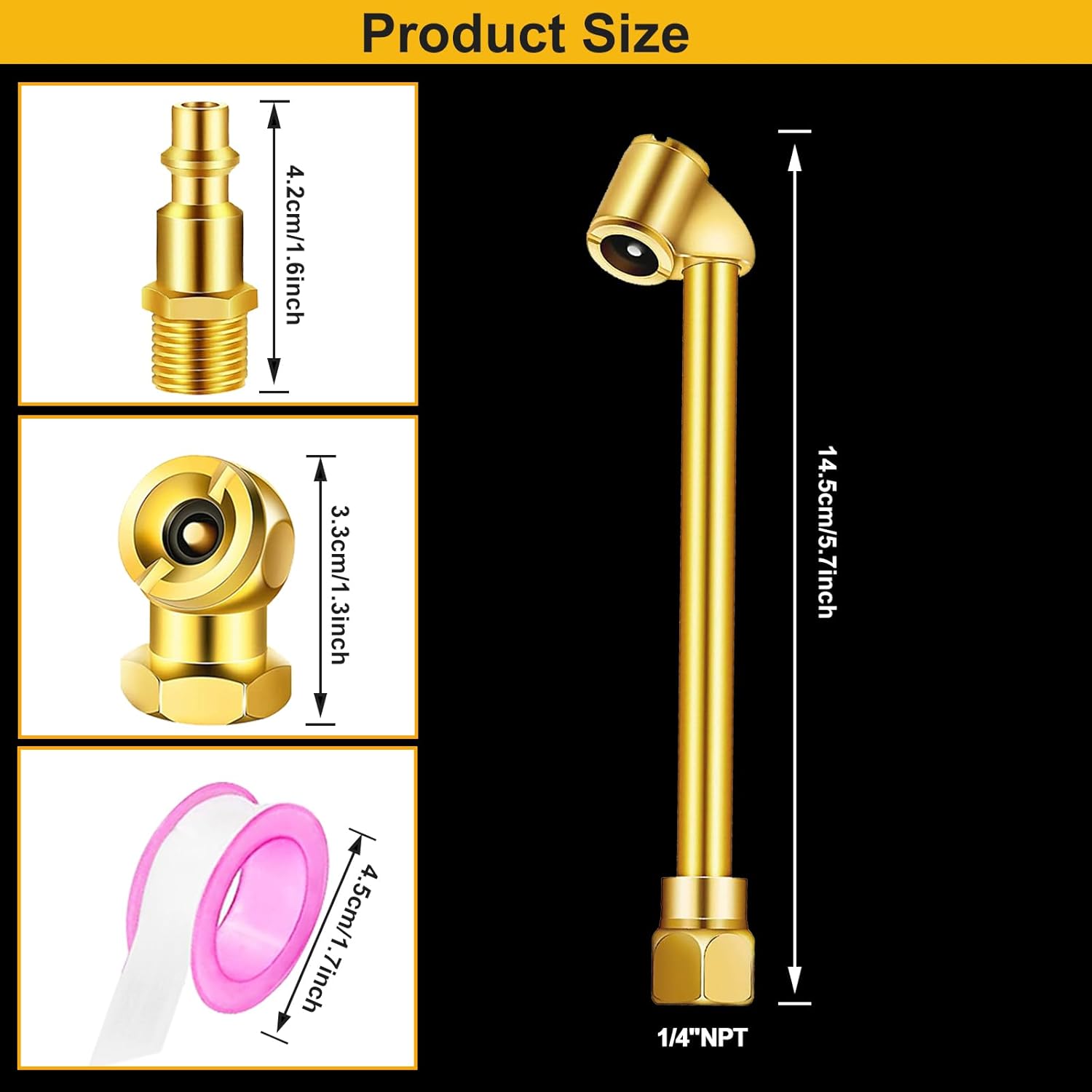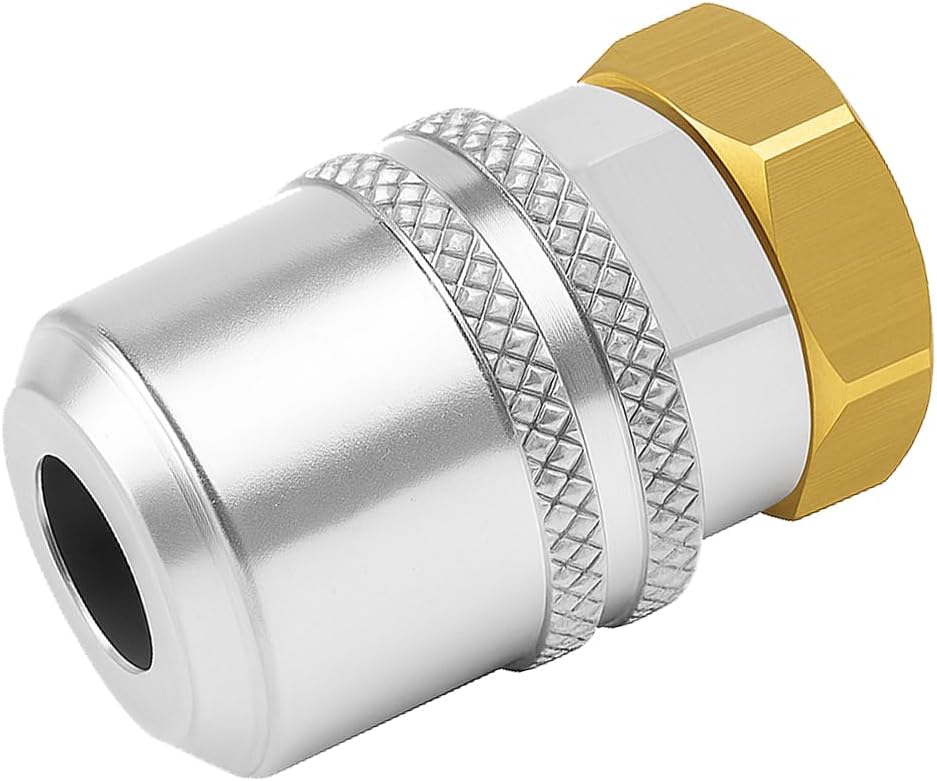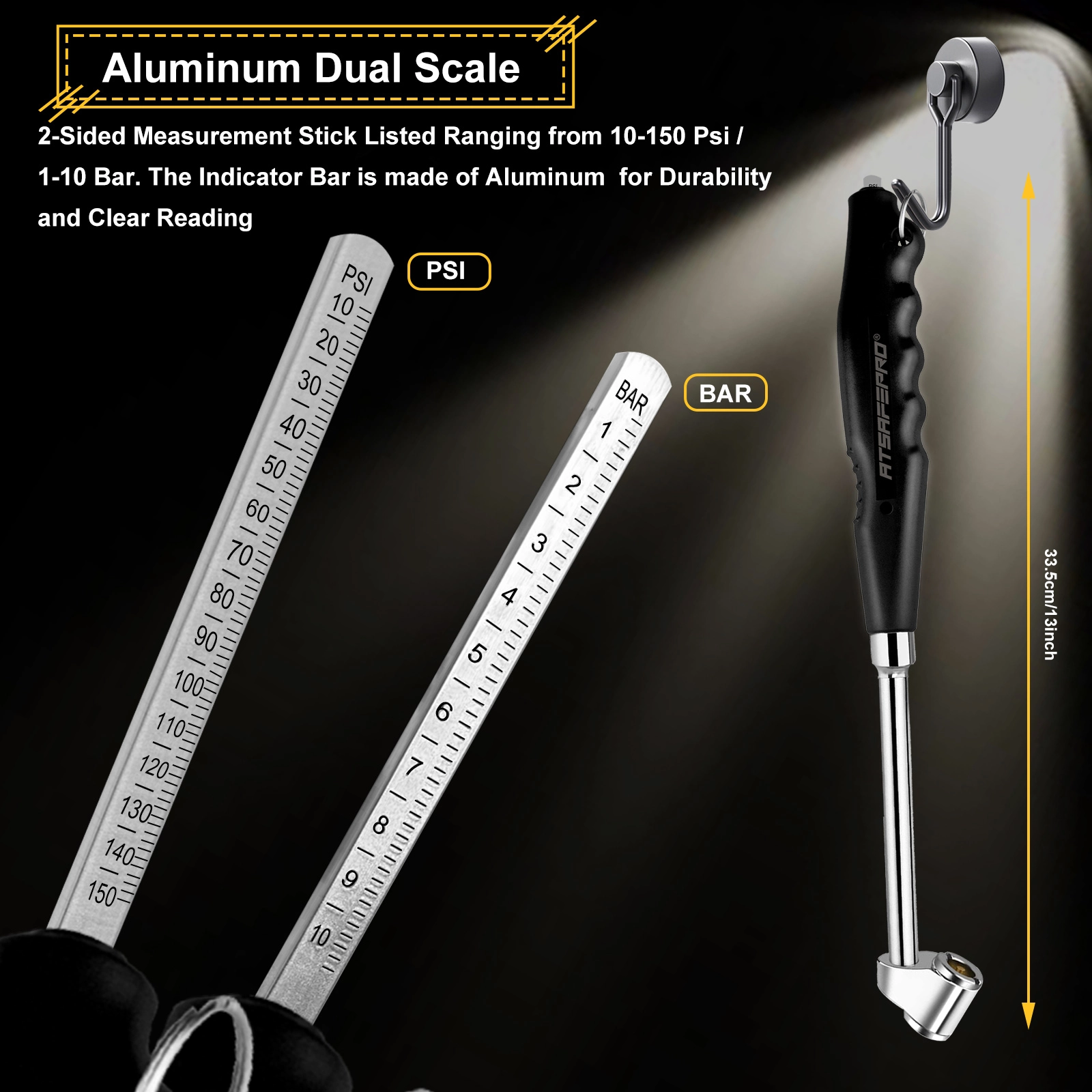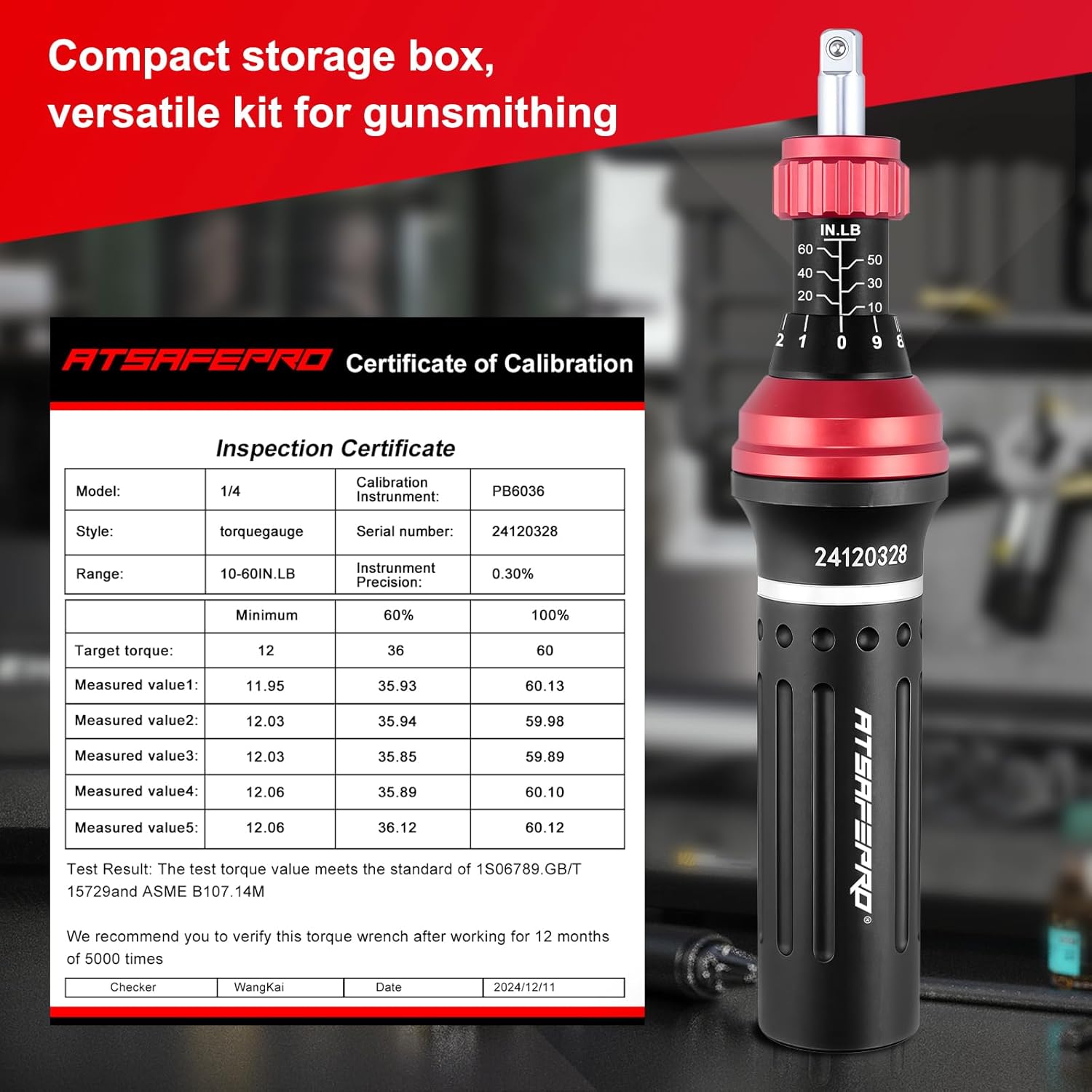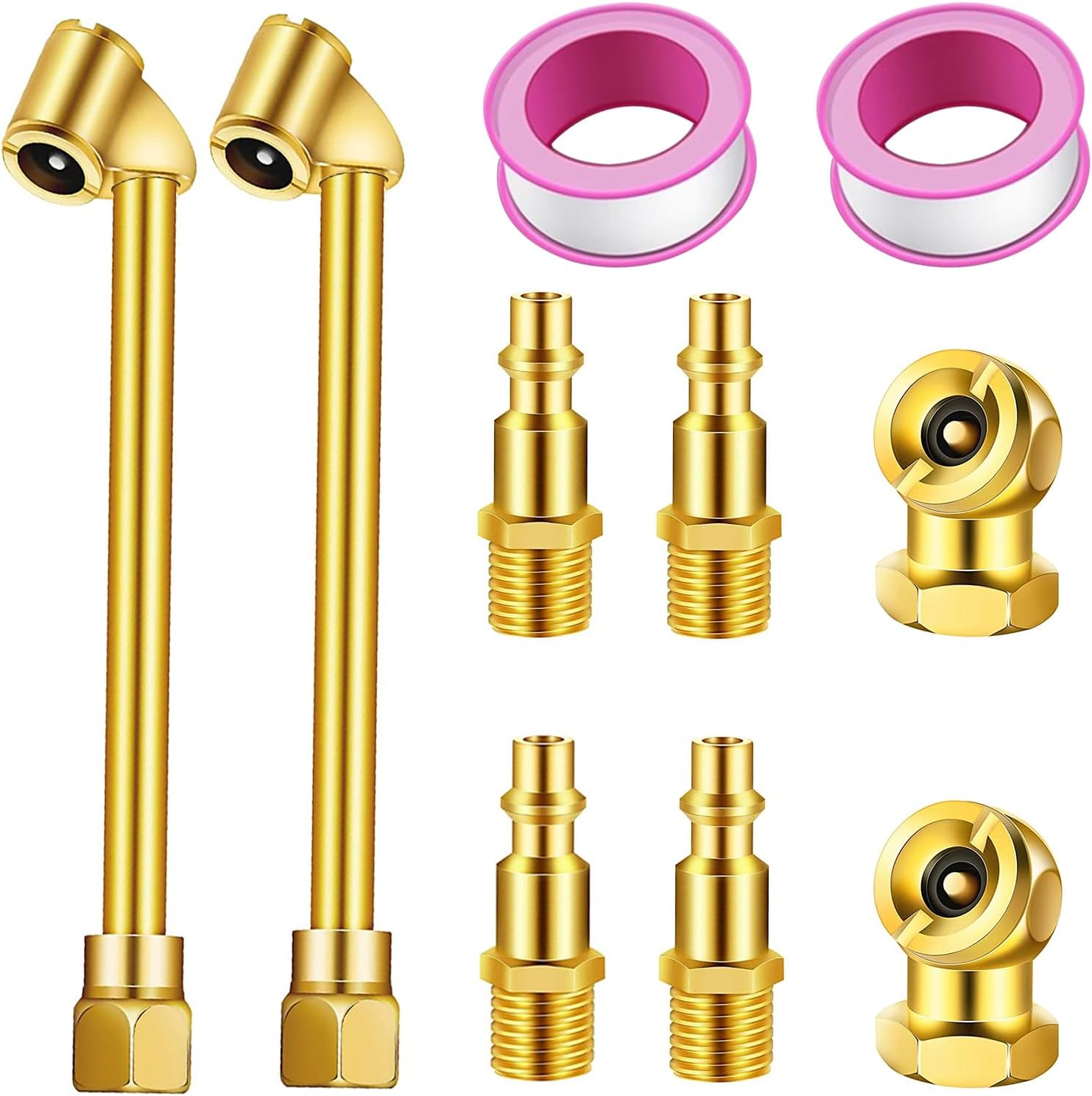Pneumatic air chucks have revolutionized the way industries handle precision gripping and holding tasks, offering unparalleled reliability and efficiency in manufacturing processes. These devices are essential for securing workpieces with controlled air pressure, ensuring accuracy and safety in operations like machining and assembly. As we delve into the world of pneumatic air chuck technology, it's clear that innovations in this field are driving forward the evolution of industrial tools.
Understanding the Basics of Pneumatic Air Chucks
Pneumatic air chucks operate by using compressed air to clamp and hold objects firmly in place, making them indispensable in environments where precision is key. An air chuck, for instance, relies on this pneumatic principle to provide a secure grip without the need for manual adjustments, allowing for faster setup times and reduced downtime in production lines. These chucks are designed to handle a variety of materials and sizes, adapting to the demands of modern manufacturing. The technology behind them ensures that once engaged, the chuck maintains a consistent hold, minimizing errors that could lead to costly rework. In many workshops, the adoption of air chuck systems has led to noticeable improvements in productivity, as operators can focus more on the creative aspects of their work rather than struggling with unreliable clamping methods.
Exploring the Advantages of Locking Air Chucks
Locking air chucks take the basic concept of an air chuck to the next level by incorporating mechanisms that prevent unintended release, adding an extra layer of security to critical applications. These specialized chucks are particularly valuable in high-speed operations where vibrations or sudden movements could otherwise compromise the setup. By locking the chuck in place after initial clamping, they ensure that the workpiece remains stable throughout the process, which is crucial for tasks like CNC machining or automated assembly. This feature not only enhances safety but also extends the lifespan of the equipment by reducing wear and tear from repeated adjustments. Imagine a scenario in a bustling factory floor where every second counts; here, a locking air chuck becomes the unsung hero, quietly ensuring that operations run smoothly without the risk of slippage.
The Role of Advanced Components in Pneumatic Systems
At the heart of many pneumatic air chuck systems lies innovative components like the state-of-the-art Closed Flow Air Pressure Release Valve, which plays a pivotal role in maintaining optimal performance. This gleaming brass valve is engineered for precision, designed to release air only when necessary, thus preventing unnecessary pressure loss and ensuring that the pneumatic air chuck operates at peak efficiency. Its closed flow design means that air is conserved, allowing for more consistent and reliable clamping actions over extended periods. In a narrative sense, think of this valve as the guardian of the system, meticulously controlling the flow to protect against inefficiencies that could arise from over-pressurization or leaks. This component's robust construction promises durability, making it ideal for the rigorous demands of industrial settings, while its elegant angular design adds a touch of sophistication to an otherwise utilitarian device. For tech-savvy users, incorporating such a valve into a pneumatic setup transforms a standard air chuck into a highly responsive tool that adapts seamlessly to varying workloads.
Innovations and Applications in Everyday Use
The integration of advanced features like those found in locking air chucks and their associated components has opened up new possibilities in various industries, from automotive manufacturing to aerospace engineering. Picture a day in the life of a machinist who relies on these tools: as the morning shift begins, the pneumatic air chuck is activated with a simple burst of air, securing a metal part for precise drilling. The locking mechanism ensures that even as the machine whirs at high speeds, there's no risk of the part shifting, allowing for intricate cuts and shapes to be achieved with ease. This level of reliability stems from continuous innovations, such as the Closed Flow Air Pressure Release Valve, which minimizes air wastage and maintains system integrity over long hours of operation. In larger contexts, these advancements contribute to sustainable practices by reducing energy consumption, as less compressed air is needed to achieve the same results. As industries evolve, the narrative of pneumatic technology continues to unfold, with air chucks at the forefront of efficiency and precision.
Future Trends and Best Practices
Looking ahead, the future of pneumatic air chucks is bright, with ongoing developments promising even greater integration with smart technologies. For instance, modern systems could incorporate sensors that detect pressure variations and automatically adjust using components like the advanced air pressure release valve, ensuring optimal performance without human intervention. This evolution not only enhances the capabilities of an air chuck but also aligns with broader industry trends toward automation and IoT connectivity. Users are encouraged to adopt best practices, such as regular maintenance and proper calibration, to maximize the longevity of these systems. In a world where efficiency defines success, investing in high-quality pneumatic solutions, including locking air chucks, can provide a competitive edge. Ultimately, the story of pneumatic air chucks is one of progress, from basic designs to sophisticated, integrated systems that drive innovation forward.
Conclusion: Embracing the Power of Pneumatic Technology
In conclusion, pneumatic air chucks represent a cornerstone of modern industrial practices, blending reliability, precision, and innovation to meet the demands of an ever-changing landscape. As we've explored, the synergy between an air chuck and components like the Closed Flow Air Pressure Release Valve exemplifies how thoughtful engineering can elevate everyday tools to extraordinary levels. Whether you're a seasoned professional or new to the field, understanding and utilizing these technologies can lead to transformative outcomes in your operations. By prioritizing quality and efficiency, industries can continue to thrive, harnessing the full potential of pneumatic air chuck systems for years to come.



